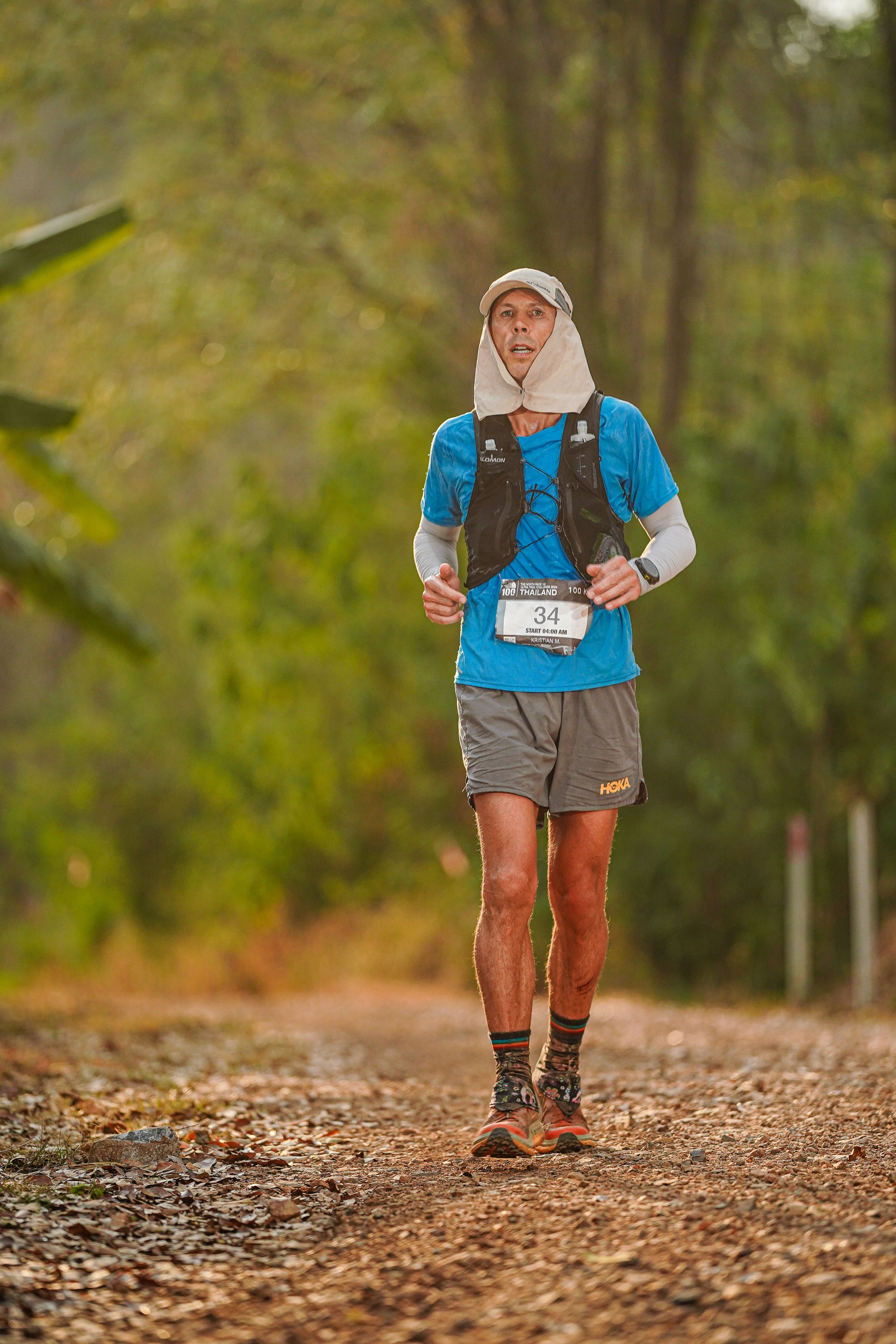10 Things You Didn't Know About Running a 100 Miler
As an experienced ultrarunning coach, I've seen countless athletes embark on the journey of running a 100-mile race. Here are 10 lesser-known aspects of taking on this monumental distance.
1. Mental Preparation is Key
Beyond physical training, preparing your mind for the inevitable ups and downs is crucial. Visualization, positive self-talk, and mental toughness exercises can make a significant difference during the race.
2. Nutrition Is an Ongoing Experiment
Nutrition during a 100-mile race is highly individual. What works for one runner may not work for another. It's essential to practice with different foods and hydration strategies during long training runs to find what works best for your body.
3. Crew and Pacers Are Invaluable
Having a dedicated crew and pacers can be a game-changer. They provide essential support, motivation, and strategic assistance, enabling you to focus solely on running.
4. Expect the Unexpected
No matter how meticulously you plan, something unexpected will likely occur. Being adaptable and having backup plans for gear, nutrition, and pacing can mitigate the impact of unforeseen challenges.
5. It's a Mental Rollercoaster
The emotional highs and lows of a 100-mile race are intense. From moments of euphoria to deep despair, being prepared for the mental rollercoaster is essential for pushing through the tough stretches.
6. Night Running Requires Practice
If your race will extend into the night, practice running in the dark. Familiarize yourself with headlamp use, navigation, and the surreal experience of running through the night.
7. Gear Chafing is Inevitable
No amount of body glide can prevent all chafing during a 100-miler. Embracing the "ultra shuffle" and strategically applying lubricants can mitigate discomfort, but some chafing is almost inevitable.
8. Embrace the Power of Walking
Walking, especially on uphills and technical terrain, is a valuable strategy. Embracing a run-walk approach early on can help conserve energy for later stages of the race.
9. Recovery Can Take Months
Recovering from a 100-mile race is not a quick process. It's common to feel physically and mentally drained for an extended period. Planning for adequate rest and recovery time post-race is crucial.
10. The Finish Is Incredibly Rewarding
Crossing the finish line of a 100-mile race is an indescribable moment. The sense of accomplishment and the realization of pushing your limits make all the challenges and sacrifices worthwhile.
Running a 100-miler is a profound journey that goes far beyond physical fitness. With the right preparation, mindset, and support, it can become an unforgettable and transformative experience.
